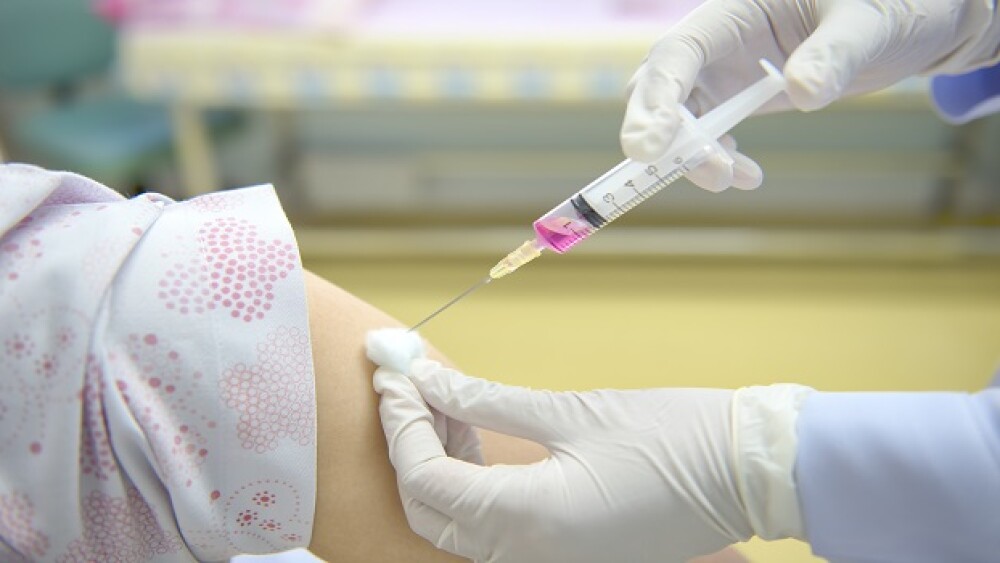Vivaldi Biosciences announced that its chief scientific officer is delivering a presentation today at the World Vaccine Congress. A new nonclinical trial shows that deltaFLU protected against both distantly drifted and shifted influenza strains, as compared to leading licensed flu vaccines.
Vivaldi Biosciences, headquartered in Fort Collins, Colorado, announced that its chief scientific officer, Thomas Muster, is delivering a presentation today at the World Vaccine Congress in Washington, DC.
The talk will cover the company’s clinical-stage deltaFLU universal influenza vaccine. Data will be presented from a new nonclinical trial that shows that deltaFLU protected against both distantly drifted and shifted influenza strains, as compared to leading licensed flu vaccines.
Current flu vaccines typically depend on antigen matches between vaccine strains and circulating strains to work. And some years, such as this year, they don’t match as well. Most influenza vaccines have an effectiveness of 40 to 60 percent. For the current season, the U.S. Centers for Disease Control and Prevention (CDC) say the effectiveness was only 36 percent overall, and only 25 percent for influenza A/H3N2, the most prevalent strain this year.
In the company’s nonclinical trial, deltaFLU was observed to provide protection against influenza A and B strains even when there were shifts in the antigens. The company stated, “The study showed that a single immunization with deltaFLU containing the 2017-2018 influenza A/H1N1 vaccine strain provided statistically significant measures of protection against an A/H1N1 strain that circulated before the 2009 influenza A/H1N1 pandemic. These data indicate the potential of a single dose of deltaFLU to protect against an antigenically shifted influenza strain. Antigenic shift is an infrequent, abrupt, and major genetic change generating an influenza strain with new viral surface antigens to which most people have no immunity. The 2009 influenza A/H1N1 pandemic was the result of an antigenic shift.”
The Vivaldi study compared the deltaFLU to a licensed vaccine and a placebo in ferrets, which is an established model for human flu infection. The deltaFLU vaccine and the licensed vaccine had three or four flu vaccine strains, respectively, that were recommended by the World Health Organization for this year.
The ferrets had been immunized and were then administered flu A/H1N1, A/H3N2 or B strains that circulated in 2008 and 2009. The A/H3N2 challenge strain was six antigenic drifts from the A/H3N2 vaccine strain, and the B strain was three antigenic drifts.
deltaFlu gave protection against all three strains. Of the 24 ferrets receiving deltaFLU and given one of the three unmatched strains, only two had body temperatures indicating moderate fever. The licensed vaccine, for the most part, failed to protected the immunized and challenged animals from fever. Fever and shedding of the virus were the indications of influenza infection. Other symptoms were sneezing and nasal discharge.
The company states that, “deltaFLU is produced in Vivaldi’s high-yield Vero cell production process. Vero cells are an established production substrate for human vaccines. Vivaldi’s Vero cell process generally takes approximately 12 weeks from strain selection to product release for clinical use. Traditional egg-based production may take up to six months, and may induce antigenic changes that reduce vaccine efficacy.”
The deltaFLU has already been studied in Phase I and II clinical trials in 245 human adult volunteers, which showed it was safe and caused an immune response. They were, as they were in ferrets, cross-reactive against mismatched strains which would seem to give it a competitive advantage over currently licensed flu vaccines.





